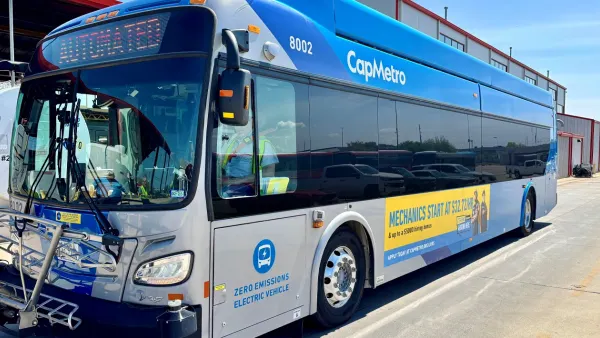Dive Brief:
- Oakland, CA is collaborating with private and nonprofit partners on a transportation equity program to bring more mobility options to underserved residents. Mobility company Lyft, nonprofit Scraper Bike Team, transit nonprofit TransForm and community group East Oakland Collective are contributing to the effort.
- Solutions include a free bike-lending library, free Lyft rides, subsidized transit passes and the community-led design and creation of new bike-share stations in East Oakland.
- Lyft donated $700,000 for the projects and will help the partner organizations raise the additional money to reach their $1 million project goal.
Dive Insight:
Despite a distance of about nine miles and a short trip over a bridge, Oakland often lives in the shadow of its larger and more well-off neighboring city, San Francisco. San Francisco is known for being a transportation leader, rich with multiple transit and mobility device sharing programs, in addition to housing residents with some of the highest incomes in America, thanks in no small part to the tech boom.
East Oakland by contrast fights a negative reputation for low resident incomes and high crime, previously having topped the national murder list, although its crime rate recently declined. It also fights negative images related to disinvestment in low-income neighborhoods and a lack of city services — such as a robust transportation network — in those areas.
But more businesses and organizations have taken notice of opportunities in Oakland in recent years. The city made the top 20 list of areas that rank high for investor interest on the 2018 Emerging Trends in Real Estate. And last month, health care giant Kaiser Permanente announced several initiatives to improve Oakland residents' health by creating stable housing for vulnerable populations. The new transportation equity program will further add to the momentum.
The initiative also could also help Lyft, which last year purchased bike-share company Motivate, to lessen the negative perception that ride-share companies only cater to the wealthy. A report released last year implicates a social and economic divide among ride-share users and non-users, with service use highest among the well-educated and affluent. The transportation equity program's focus on bikes and public transit increases the amount of lower cost mobility options.











